 By Christine Darg
By Christine Darg
Jerusalem Channel
The Feast of Trumpets, the Jewish festival that has many names, has come and gone, and for many who were on high watch for the Rapture, it was a disappointment that it didn’t happen. However, the biblical doctrine of imminency has NOT changed. The Lord could come at any time as the proverbial thief to snatch his jewels from the earth! As he said in Revelation 3 : 3, “If therefore thou shalt not watch, I will come as a thief, and thou shalt not know what hour I will come upon thee.”
The Feast of Trumpets is a dress rehearsal for the Rapture whenever it happens. In fact, two of the Hebrew words for the Lord’s biblical festivals mean “appointed times” and also “dress rehearsals.”
Bible prophecy relentlessly continues to unfold with all of the Levitical festival days having a past meaning but reflecting the future. Many Bible prophecy watchers were recently excited by the arrival of five Texan red heifers in Israel to help the Jewish people prepare for sacrificial worship in a future Temple. But now Arab media are branding the development as a threat to the Al Aqsa Mosque located on the Temple Mount.
Presently we are in the “Days of Awe”—10 days of repentance and renewal that began with Rosh Hashanah (Trumpets) and will close with Yom Kippur, the solemn Day of Atonement. This year the Yom Kippur fast begins an hour before sundown on Tuesday, October 4, and lasts until an hour past sundown the following day.
The rabbis teach that the fate of all Jews is decided on the Day of Trumpets, Rosh Hashanah, but their fate isn’t sealed until Yom Kippur. That is why they greet one another with, “May your name be inscribed in the Book of Life” Therefore these ten Days of Awe are a period of intense introspection and repentance when Jewish people go out of their way to seek forgiveness from anyone they might have offended throughout the year. The Sabbath that falls within these ten days is known as Shabbat Shuva, the Shabbat of return, i.e., the Sabbath of repentance.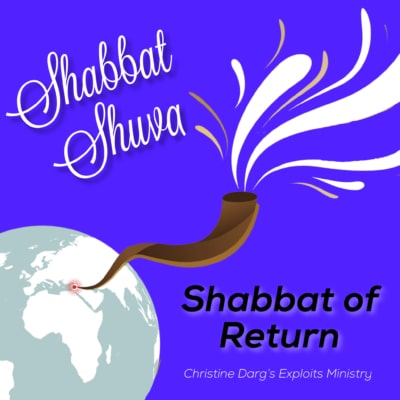
The Book of Jonah is read on Yom Kippur to teach that you cannot run from God, and that God will forgive whoever repents, just as he did with the ancient Ninevites.
All the Levitical feast of the LORD described in Leviticus 23 have prophetic significance pertaining to the redemptive work of Messiah.
John Parsons, author of “Hebrew for Christians” website, sees the entire biblical picture of what these days are all about and reminds us to keep listening to the shofar:
In the Torah we find that the word “love” (ahavah: אַהֲבָה) first appears regarding Abraham’s passion for his son: “Please take your son, your only son Isaac, *whom you love* (אֲשֶׁר־אָהַבְתָּ), and go to the land of Moriah (מוֹרִיָּה), and offer him there as a burnt offering on one of the mountains of which I shall tell you” (Gen. 22:2). Abraham heard and willingly obeyed. . . . At the very last moment, however, the Angel of the Lord called out: “Abraham! Abraham! Do not lay your hand on the lad or do anything to him, for now I know that you fear God, seeing you have not withheld your son, your only son (בֵּן יָחִיד), from me” (Gen. 22:11-12).
Abraham then “lifted up his eyes” (וַיִּשָּׂא אַבְרָהָם אֶת־עֵינָיו) and saw a ram “caught in a thicket” which he then offered in place of his son. Abraham then named the place Adonai-Yireh (יהוה יִרְאֶה), “the LORD who provides” (Gen. 22:14). The sacrifice of the lamb for Isaac portrayed the coming sacrifice of Yeshua, the great “Lamb of God” (שֵׂה הָאֱלהִים) who would be offered in exchange for the trusting sinner (John 1:29). Indeed the story of how

God provided the lamb at Moriah (and later during the Passover in Egypt) foreshadowed the greater redemption given in Messiah at the “Passover cross,” and may be understood as the “Gospel according to Moses” (Luke 24:27; John 5:46). Therefore, during Rosh Hashanah [i.e. the Feast of Trumpets], the Day of Judgment (יוֹם הַדִּין), and during Yom Kippur we listen to the shofar (ram’s horn) to remind us of the provision of Lamb of God given in place of Isaac.

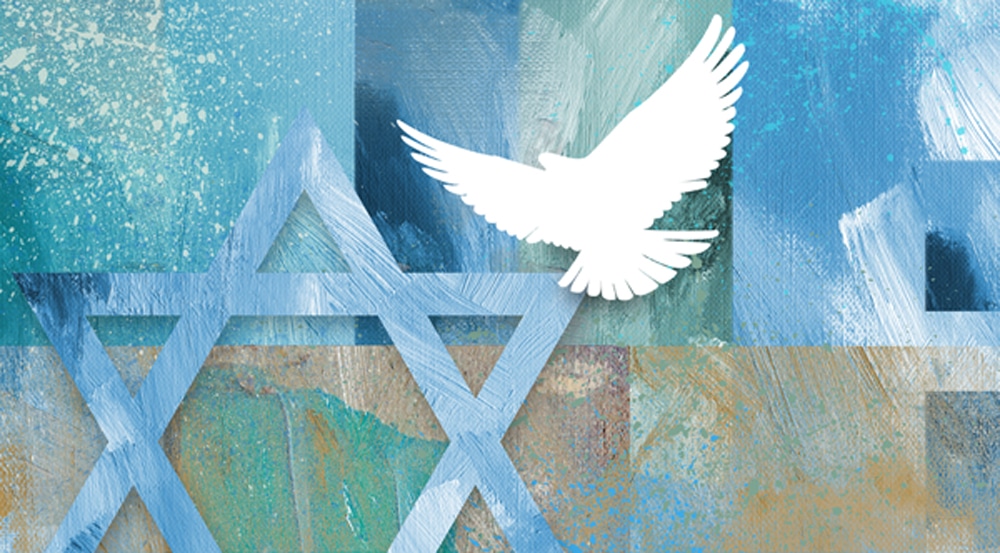

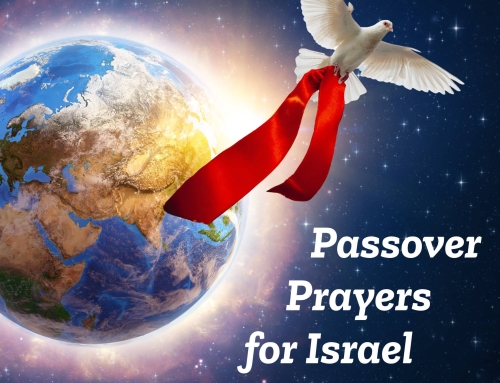
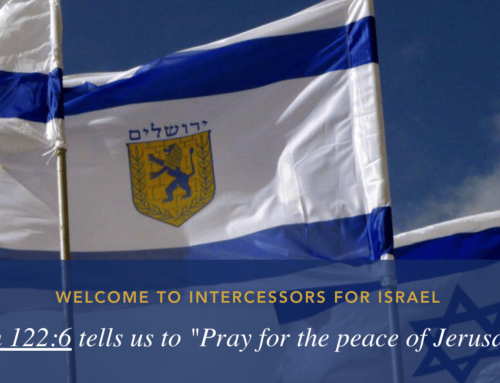

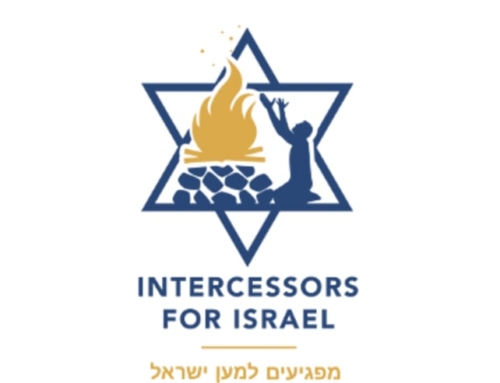
Leave A Comment